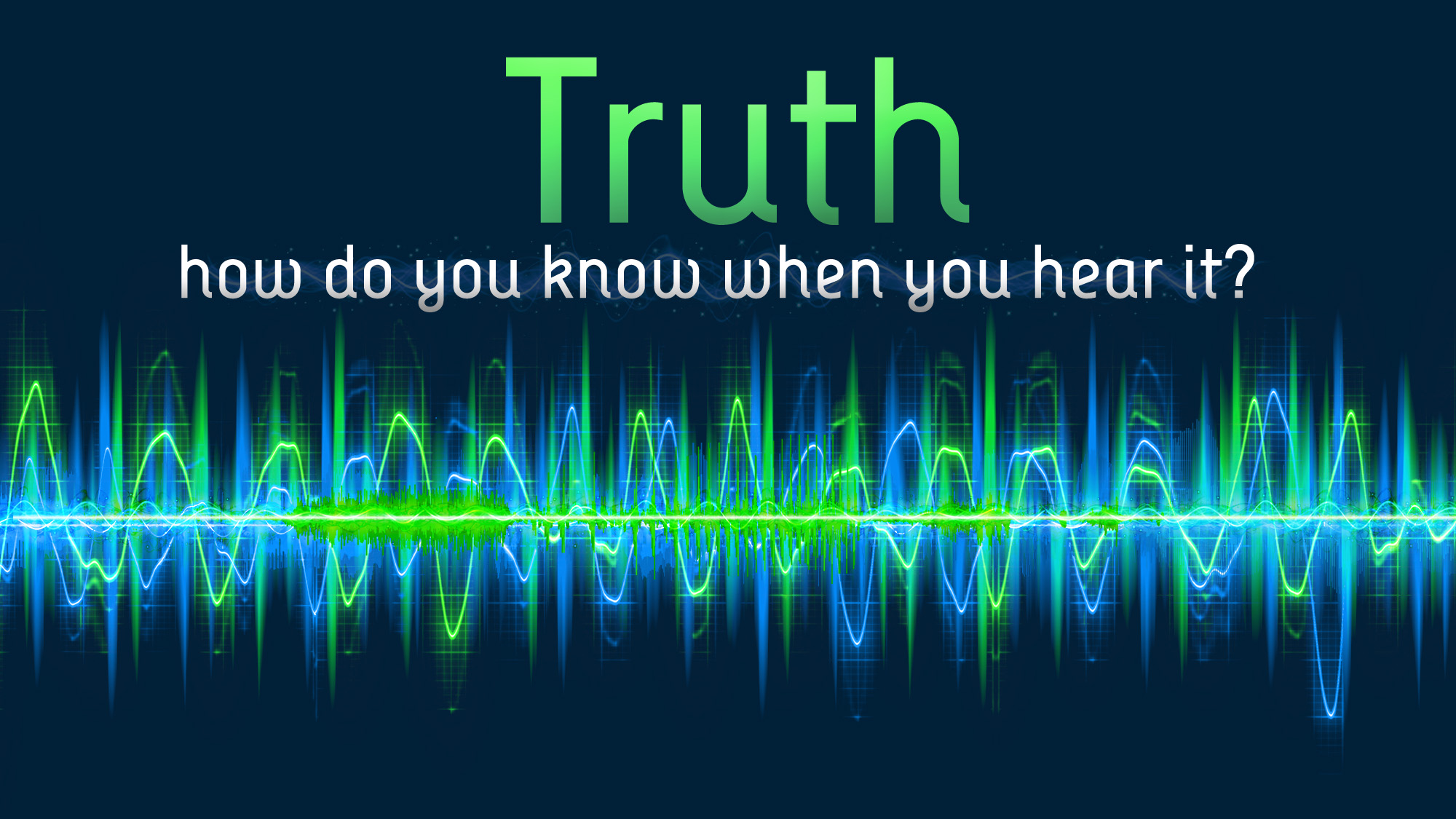The Attack Continues…
The Pharisees therefore said to Him, “You bear witness of Yourself; Your witness is not true.”
Why does John keep talking about the opposition to Christ?
By the time you get to Chapter 8 this continued attacks on Jesus seems monotonous until you realize what the Pharisees are doing.
When a guilty party (Pharisees) wants to remove the influence of a witness (Christ) against them, there are three options they can resort to discredit him:
- They can kill the witness. (Attempted in chapter 7)
- They can discredit the witness. (Attempted in chapter 8:1-11)
- They can have the witness thrown out on a technicality. This is their plan in today’s text.
So what were the Pharisees referring to when they claimed Christ’s witness of Himself was invalid?
They were referring to Deuteronomy 19:15 “One witness shall not rise against a man concerning any iniquity or any sin that he commits; by the mouth of two or three witnesses the matter shall be established.”
This law was specifically designed for cases where one person had something against another. Over the years however, this law had been interpreted by the Jews to mean that no testimony anywhere could be trusted unless two or three people agreed to it.
Many times people discount Christ’s statement that He is God because it does not line up with their way of thinking.
The methods the world uses to evaluates truth, truth can never be known. They have no basis for making a decision. Many end up becoming agnostic. An Agnostic concludes that if there is a God He is unknown and unknowable.
Christ’s answer for the source of His authority is vitally important for all of us. Christ answers in three ways:
Christ’s testimony is authoritative. (14)
John 8:14 Jesus answered and said to them, “Even if I bear witness of Myself, My witness is true, for I know where I came from and where I am going; but you do not know where I come from and where I am going.
Only God can testify of Himself, no man is an authority on God. We can know nothing about God that we are not told in the Word (Heb. 1:1).
Christ has revealed enough for us to believe Him in faith. What we need to know in heaven will be revealed there. But we will never know all as God does.
Christ’s testimony is impartial. (15-16)
John 8:15–16 You judge according to the flesh; I judge no one. And yet if I do judge, My judgment is true; for I am not alone, but I am with the Father who sent Me.
The Pharisees based their decisions on the flesh, the things that make a man – reason, intellect, logic.
- These are often flawed.
- These are often sinful.
Christ’s judgments are based on something much higher
His judgements are always right. They are always sinless.
Christ’s testimony was verified (17-18)
God the Father gives the following witnesses:
- John the Baptist (5:33-34)
- Christ’s signs (5:36)
- OT Scriptures (5:39-47)
Christ changes the wording of the law from “witnesses” (Deut. 19:15) to “man” (17) emphasizing again God’s eternal viewpoint vs. man’s earthly view.
No one has the knowledge to challenge the testimony of Christ. He speaks what He knows! We must either trust and follow Him or distrust and try and figure it out with our own limited knowledge.
So what does all this mean to us?
We cannot trust our own judgement of spiritual things. We don’t know enough. We can’t attempt to compare our finite minds to His infinite mind.
Proverbs 3:5–6 Trust in the Lord with all your heart, And lean not on your own understanding; 6 In all your ways acknowledge Him, And He shall direct your paths.
Consider what these verses are saying to us:
- Lean – rest, depend
- own understanding – what we would trust if not Christ
- all your ways – everything now has a new purpose
- acknowledge Him – He is in control
- direct your paths – note it begins with trust, then direction (it cannot work the other way around).
Trust Christ’s word completely – for who He says He is. There will be things we don’t understand. There will be things we may not agree with. There may be things we wish we could change, but if Christ is God, He is the One who knows what is best.
2 Corinthians 10:5 casting down arguments and every high thing that exalts itself against the knowledge of God, bringing every thought into captivity to the obedience of Christ,
If His word is true, we must acknowledge our own sinfulness, accept the salvation He offers, and follow Him as Lord.
R.A. Torrey once challenged an agnostic (a person who does not know if God exists) to make an honest search to see if Jesus was the Son of God. If confirmed Torrey challenged the man to accept Him. Torrey told him he would need to pray and ask God to help him find the truth (in case God did exist). In addition, because Jn. 20:31 said there was proof that Christ was God, this man needed to read the proof from John as part of his search. The man agreed, but was confident that he would now be convinced. When Torrey came back from traveling a few weeks later, the man had been convinced and wondered how he had ever believed anything different. (Boice)
Where are you? Are you caught in the middle of a decision about Christ?
Are you wondering if God exists? Do you really want to know?
Honestly pray and ask to be shown. Read and understand John’s account. This can be your story if you will honestly examine the evidence.

